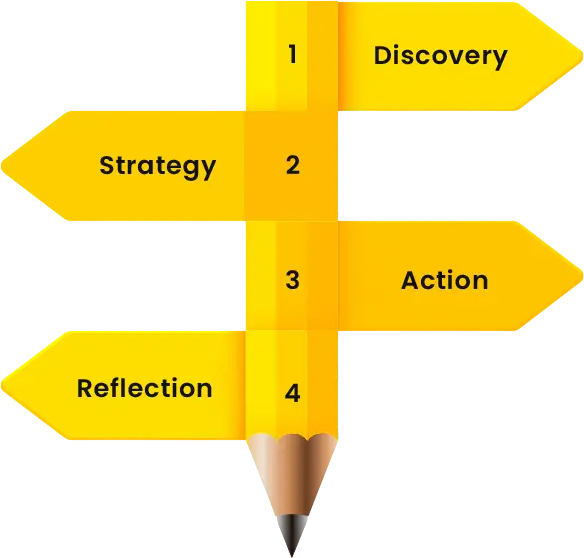Fear can be a powerful force that holds us back from realizing our true potential. Whether you’re a student, an entrepreneur, or a career professional, fear can manifest in various forms—failure, rejection, the unknown—that prevent you from reaching your goals. By identifying and addressing these fears, you can take meaningful steps toward personal and professional growth.
Fear is an emotional response to perceived threats and is often rooted in our desire for safety and security. While fear can be beneficial in certain situations, protecting us from harm, it can also be a significant barrier to achieving our dreams. Understanding the common fears that many people face and learning how to overcome them can empower you to take control of your life and pursue your goals with confidence.

The fear of failure is one of the most common fears that hold people back from taking risks and trying new things. Failure is often seen as a negative outcome, leading to feelings of disappointment and inadequacy. However, failure is an essential part of the learning process and can provide valuable lessons that contribute to future success.
The fear of the unknown is the anxiety that arises from uncertainty about what the future holds. This fear can prevent individuals from making necessary changes or exploring new opportunities, as they worry about potential negative outcomes.
The fear of rejection is the apprehension of being turned down or not accepted by others. This fear can affect personal relationships, professional opportunities, and overall self-esteem.
The fear of not being good enough, often linked to imposter syndrome, is the belief that one’s skills and accomplishments are inadequate and unworthy of recognition. This fear can lead to self-doubt and hinder personal and professional growth.
Paradoxically, some individuals fear the responsibilities, pressures, and changes that come with success. This fear can lead to self-sabotage and a reluctance to pursue ambitious goals.
Caring too much about what others think can prevent you from taking risks and putting yourself out there. This fear can stifle creativity and innovation, as individuals may avoid actions that could lead to criticism or embarrassment.
Most people are uncomfortable with change, even if it’s positive. Resisting change can hold you back from growth and new opportunities. This fear can lead to a preference for the status quo and a reluctance to adapt to new circumstances.
Perfectionism can lead to analysis paralysis and keep you from taking action if you don’t think you can do something flawlessly. This fear can result in excessive self-criticism and a tendency to hold oneself to unrealistic standards.

Start by setting achievable goals and breaking them down into smaller, manageable tasks. This approach makes the process less overwhelming and allows you to build momentum as you accomplish each step.
Surround yourself with supportive individuals who can offer encouragement, advice, and constructive feedback. Seek out mentors who have faced similar challenges and can provide valuable insights and guidance.
Adopt a growth mindset, which emphasizes learning and improvement over perfection. View failures as opportunities for growth and development, rather than as setbacks.
Be kind to yourself and practice self-compassion. Replace negative self-talk with positive affirmations and remind yourself of your strengths and achievements.
Explore these resources to learn more about overcoming fears and achieving your goals:
Facing your fears is essential for achieving personal and professional success. By understanding and addressing common fears such as failure, rejection, and the unknown, you can take control of your life and pursue your goals with confidence. Remember to set realistic goals, build a support system, cultivate a growth mindset, and practice self-compassion. Take the first step today by identifying your fears and developing a plan to overcome them.
It’s important to remember that everyone experiences insecurity to some degree. The key is to develop self-awareness and work on building self-acceptance and self-compassion. Here are some overarching strategies:
By acknowledging our fears and insecurities and actively working to address them, we can prevent them from getting the best of us. Remember, overcoming these challenges is a continuous process, but with effort and support, it’s entirely possible.

Colloboration Inquiries:
What’s The Fear LLC is an active member of the community and wants to help promote and participate in impactful projects.
Client Support:
What’s The Fear LLC is dedicated to responding to your questions, concerns and feedback in a timely manner.
Copyright © 2024 WhatsTheFear LLC | Unlimited Personal Growth